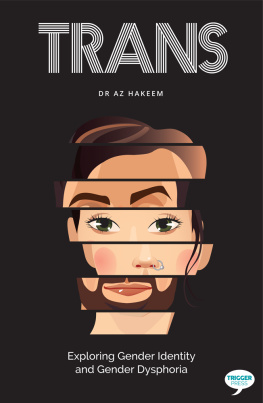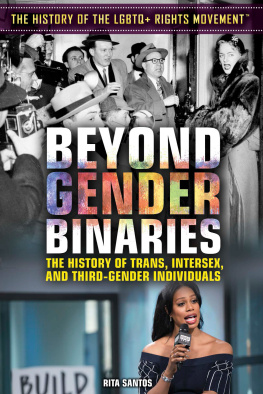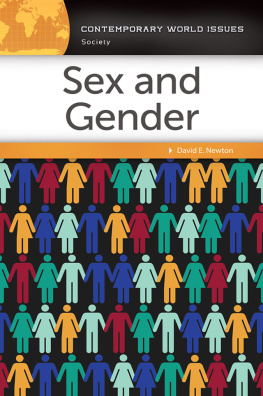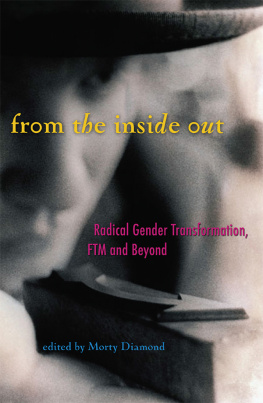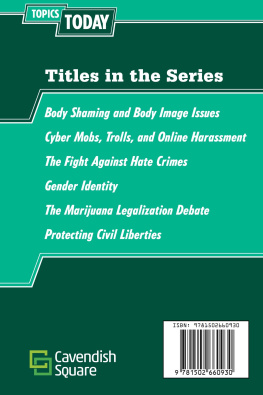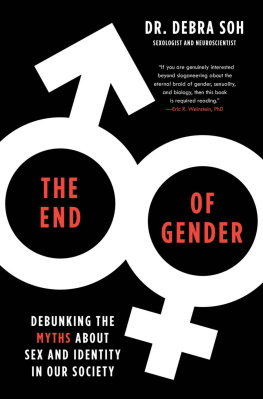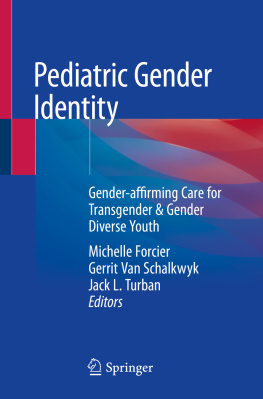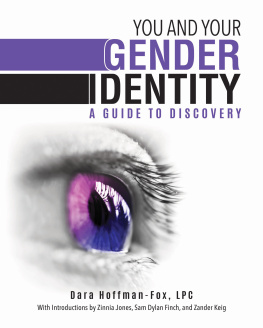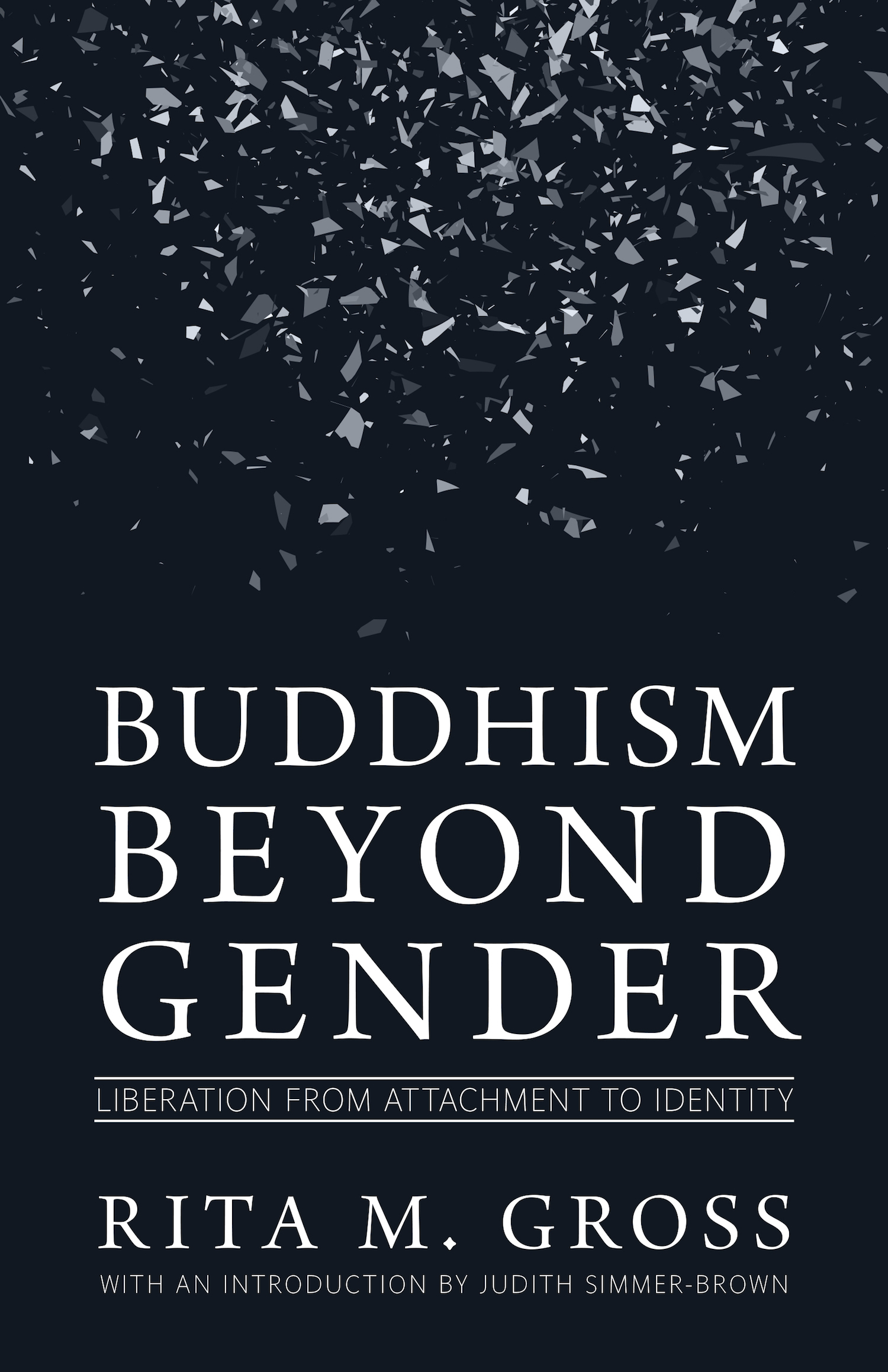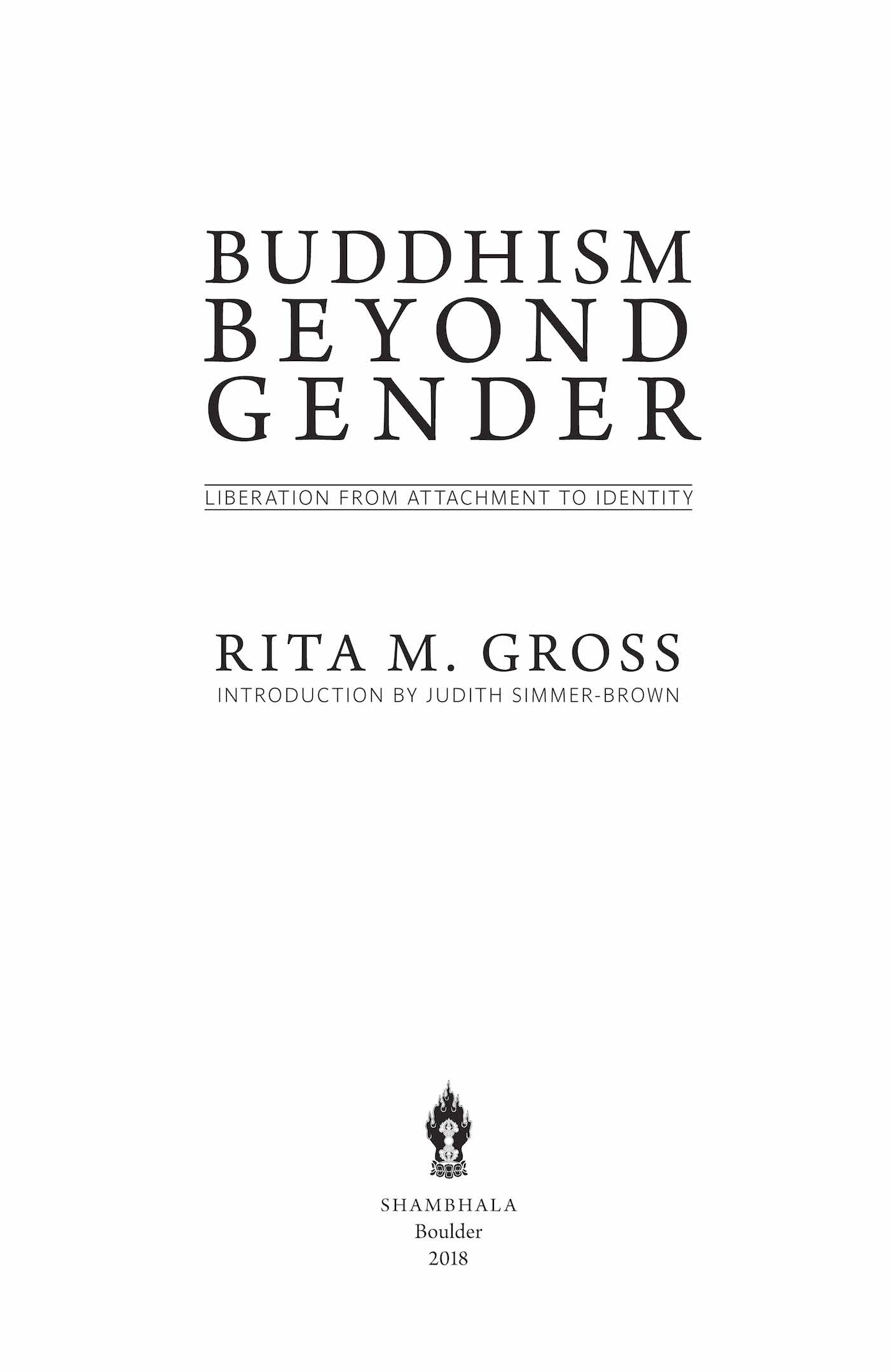INTRODUCTION
JUDITH SIMMER-BROWN
This book is a beautiful final gift from the pioneering Buddhist feminist and teacher Rita Grossyou might say her last testament. Rita was writing this book at the time of her death from a massive stroke on November 11, 2015. She was in her beloved home in Eau Claire, Wisconsin, accompanied by her Siamese cats, her five hundred houseplants, her delicious library of scholarly, religious, and spiritual classics, and her many Buddhist artifacts, statues, and paintings. Writing was her passion; she had already completed six books and edited five more; her published articles are numerous. But it was always her dream to publish a dharma book with Shambhala Publications, and this one represents the pinnacle of her offerings. Rita was a close friend and colleague, and it is a great honor to introduce this book to you.
Rita came to Buddhism after a tumultuous history with religious communities. Raised in the German Lutheran Church in northern Wisconsin, she was excommunicated at age twenty-one for her edgy inquisitiveness and independence. In her first marriage, she converted to Judaism briefly and continued to appreciate Jewish ritual and communalism, even while she chafed at its patriarchal structures. India beckoned her with a pantheon of dynamic goddesses, and she entered a lifelong love affair with Hinduism, but she avoided institutional involvement. In 1976, she moved to Boulder, Colorado, and Naropa Institute to explore her attraction to Buddhism and meditation, and that is where she finally found a spiritual home. Sitting practice became a peaceful refuge; study under the tent of Tibetan Buddhism fed her voracious intellect; and guru devotion stole her heart. She became a student of Chgyam Trungpa Rinpoche, and entered the demanding training of the Shambhala Buddhist tradition.
When Rita became a Buddhist, however, she came with a fresh outsider-analyst perspective.
Given her history with patriarchal biases in religious communities, she entered her newfound Buddhist community with caution and critique. As she wrote, Having already had trips through two sexist religionsChristianity and JudaismI had no interest in repeating that experience. Enough already with patriarchal religious institutions!
As Rita and I became friends in that Shambhala Buddhist community in early 1978, we shared a passion for feminism, for meditation, and for liberative Buddhist teachings. I also had experienced the crushing effect of patriarchy in academia and society, and I also struggled to reconcile a spiritual hunger and a feminist thirst, to borrow terminology from the feminist author Carol Flinders. As Rita and I completed long retreats together, the longest one lasting three months in the spring of 1980, we both felt the power of practice to settle the mind, open the heart, and refine the intellect. This led to deep conversations and many questions that laid the basis of lifelong friendship.
By 1985, Rita and I hatched a plan to write a book together, and we proposed to the State University of New York Press a feminist critique of Buddhism (hers) and a Buddhist critique of feminism (mine). She had previously edited two books of essays, Beyond Androcentrism (1977) and the groundbreaking Unspoken Worlds: Womens Religious Lives (1980), the first collection of case studies about women from disparate cultures. I had published only a few articles and was an unknown in the publishing world. I deeply appreciated Ritas generosity in suggesting this joint project. We negotiated a contract and began our work.
As we developed our outline, we encountered the differences that would ultimately lead to dissolving this particular book partnership. Rita felt a stronger affinity and trust for feminist perspective, and she sharply criticized in the finest detail the patriarchal structures of Buddhist texts, traditional institutions, Tibetan monasticism, American Buddhist communities, and Shambhala Buddhism itself. Even as she felt unquestioning devotion for our mutual teacher, Chgyam Trungpa Rinpoche, she could clearly see the circle of men who surrounded him and ran his organization, and she saw the obstacles faced by women who stepped at least temporarily into positions of power.
I shared these perspectives, but I was personally so inspired by the practice, the liberative teachings themselves, and the experience of belonging to a close-knit community that I was willing to navigate the injustice. In retrospect, I realize that I had arrived in Boulder as a student of Trungpa Rinpoche as a refugee from searing experiences on the feminist battleground, probably more intense than Rita had directly experienced. Or perhaps I was not as tough as she was. I had suffered the indignities of a Human Rights Commission class-action suit against my university, and its backlash, when they terminated me without cause. After my termination, I had directed a rape crisis center for three years, during which I had served as an advocate for sexual assault victims in hospitals and courtrooms, while encountering their imprisoned rapists in experimental confrontation interventions. While these experiences were in some way empowering to my feminist sensibilities, they were also personally and emotionally devastating. I was spiritually hungry. Applying myself to the rigorous demands of practice, study, and service brought tremendous healing and liberation. I recognized that feminism would not address my deepest suffering, and I sought a spirituality that would.


